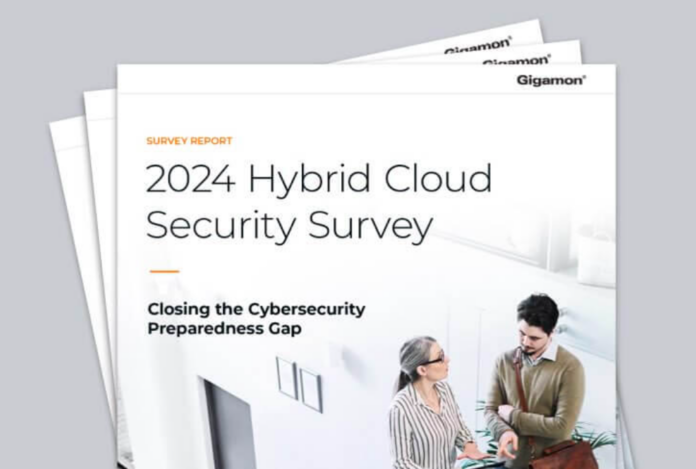Companies around the world are still “startlingly” unprepared for modern, sophisticated cyberthreats, according to a new report from Gigamon.
This is based on the latest of annual surveys, which covered 1,033 security and IT leaders across Australia, France, Germany, Singapore, the United Kingdom, United States.
As hybrid cloud environments grow in complexity and bad actors launch a barrage of unseen attacks, 65% of global respondents believe that their existing solutions cannot effectively detect breaches. In Singapore, this concern rises to 71% – ranking among the highest compared to other regions surveyed.
Security and IT leaders are at a crucial juncture. Some 83% of respondents believe that cloud complexity is increasing their cyber risk, and the spectre of AI-powered attacks looms globally.
Four in every five respondents predict that AI will increase the global ransomware threat. And yet, despite global information security spending projected to reach $215 billion in 2024, only 54% of organisations feel “strongly prepared” to respond to unauthorised access in hybrid cloud environments.
In Singapore, 78% of respondents have experienced a data breach in the past, surpassing the global average of 73%.
Survey respondents also generally acknowledge weaknesses in their threat detection tools. Just 25% were able to remediate a live threat in a recent breach – while this rises to 30% in Germany, it falls to just one-fifth in Australia and Singapore.
When tooling fails, organisations suffer more serious consequences as 31% only detected a recent breach when they received an extortion threat from the adversary; and 31% also became aware only once proprietary information leaked onto the dark web.
This is much lower in France and the UK (around 1 in 5) but hits a concerning 42 percent among Australian respondents.
A quarter (25%) of respondents failed to determine the root of the breach, increasing to one-third of Australian, Singaporean, and US respondents
Complex hybrid cloud infrastructure contributes to organisations’ lack of control. Despite 85% describing cloud security as a boardroom priority, hybrid cloud visibility continues to be an issue.
Three-quarters of respondents agree that East-West (lateral) visibility is more important to cloud security than North-South, yet just 40% have visibility into East-West traffic, down from 48% in 2023.
Lateral visibility is lowest in the UK (30%), while almost half report visibility in Australia and Singapore.
Encryption poses another serious blind spot: despite researchers suggesting that 93% of malware attacks hide in encrypted traffic, a shocking 76% of Gigamon respondents currently trust that encrypted traffic is secure.
When breaches are missed, tool strategies are firmly in the spotlight. More than 80% agree that achieving unified visibility into hybrid cloud infrastructure – delivering network-derived intelligence to log-based security tooling – is key to preventing attacks.
Three in every five respondents believe that greater visibility into all data in motion will empower them to securely deploy AI technology. As a result, 80% agree that deep observability is a board-level priority.
When it comes to East-West (lateral) visibility, Singapore takes the lead, with 48% of respondents citing having such visibility, a significant increase from 30% the previous year.















